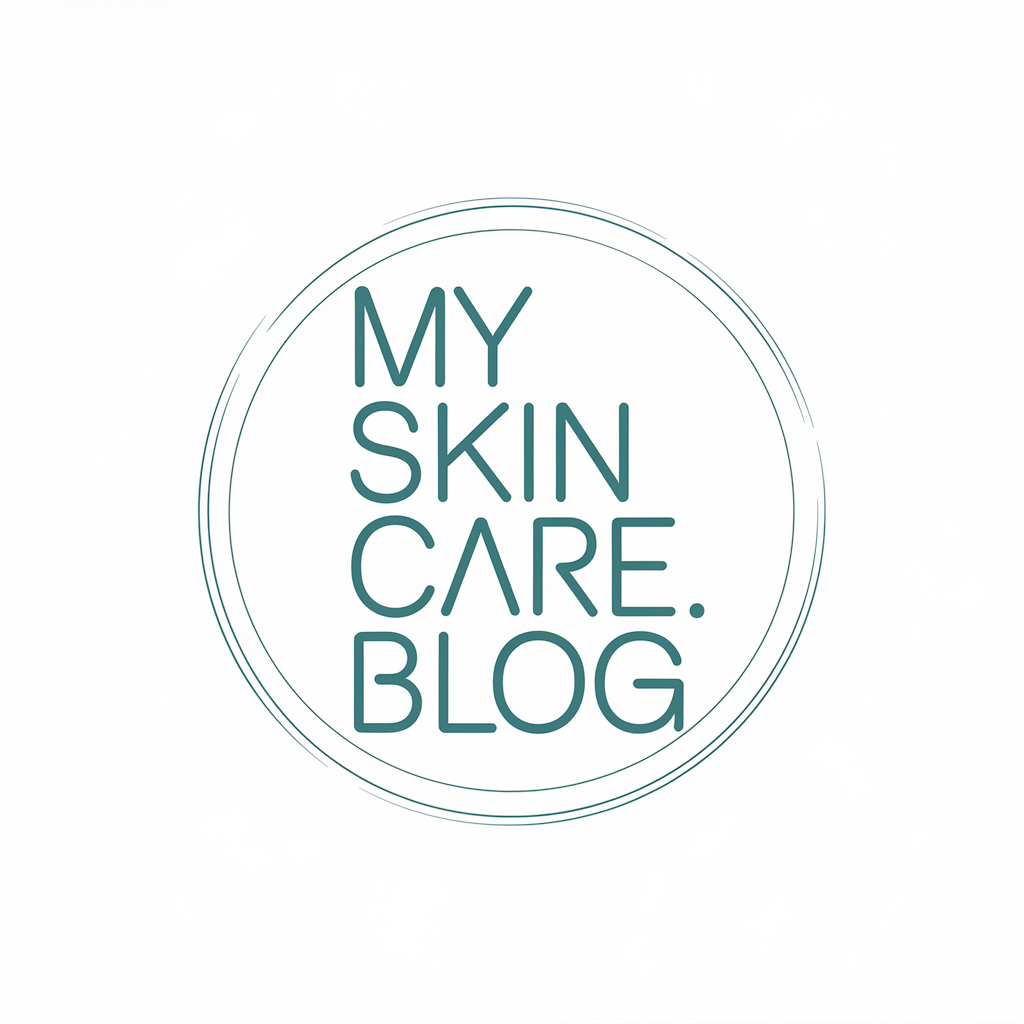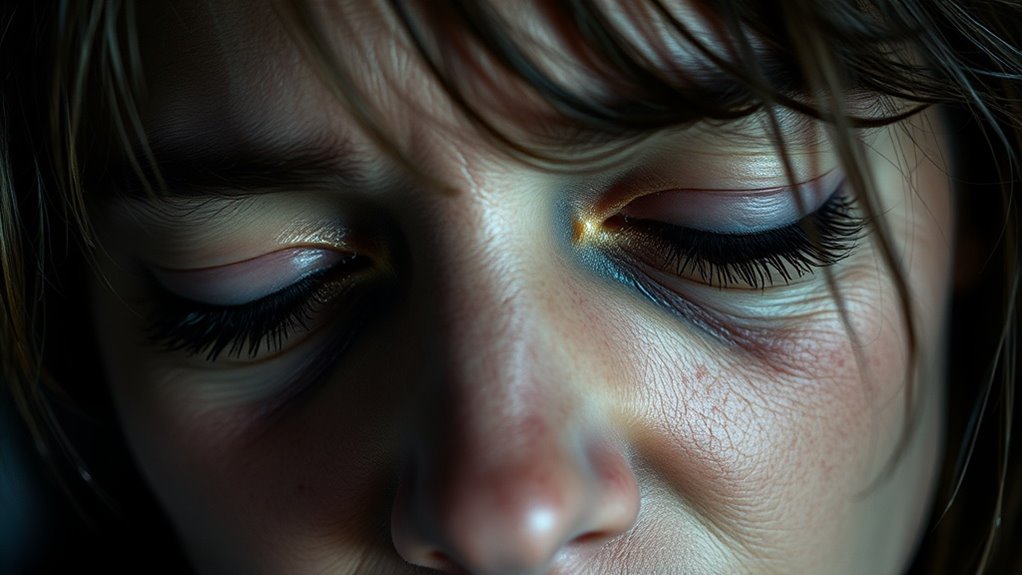Sleep Deprived. Your Skin Might Be Showing It
Studies indicate that about 30% of adults experience chronic sleep deprivation, and the impact goes beyond your mental and physical health; it manifests visibly on your skin. When you don’t get enough sleep, your skin can lose its firmness and glow, revealing underlying issues like fine lines and puffiness. Understanding this connection is crucial, as the solutions may not just lie in your skincare products but also in your nightly routine. What can you do to improve both sleep quality and skin health?
Effects of Sleep Deprivation on Skin Health
When you experience sleep deprivation, your skin doesn’t just reflect your tiredness; it undergoes significant physiological changes that can compromise its health.
These sleep skin effects include reduced collagen production, impaired barrier function, and increased inflammation, leading to dryness and dullness. Furthermore, your skin’s ability to repair itself diminishes, accelerating the appearance of fine lines and an uneven complexion, highlighting the importance of quality sleep for skin vitality. Moreover, sleep quality directly influences the rate of skin regeneration, further underscoring the essential connection between restful sleep and a radiant complexion.
Common Skin Issues Linked to Lack of Sleep
Lack of sleep significantly increases the risk of various skin issues, manifesting in both immediate and long-term consequences.
You may notice dark circles, puffy eyes, and a dull complexion.
Prolonged sleep deprivation can lead to increased acne breakouts, accelerated aging, and weakened skin barrier function.
These changes occur due to heightened stress hormones and reduced blood flow, affecting your skin’s overall health and appearance. Additionally, compromised skin barrier function can result in increased sensitivity and irritation, further impacting your skin’s resilience.
The Science Behind Sleep and Skin Regeneration
Sleep plays a vital role in skin regeneration, influencing various biological processes critical to maintaining healthy skin.
During sleep, your body:
- Increases collagen production, enhancing skin elasticity and firmness.
- Promotes cellular repair and turnover, aiding in the healing of skin damage.
- Regulates moisture levels, preventing dryness and maintaining a healthy complexion.
Lack of sleep disrupts these processes, negatively impacting skin health.
Tips for Improving Sleep Quality
Improving your sleep quality can significantly enhance your overall skin health and appearance.
Establish a consistent sleep schedule by going to bed and waking up at the same time daily. Create a calming bedtime routine, reducing screen time before sleep.
Ensure your sleep environment is dark, cool, and quiet. Avoid caffeine in the afternoon and limit heavy meals close to bedtime.
Skincare Routines to Combat Sleep Deprivation Effects
Even with the best sleep hygiene practices, some people may still experience the adverse effects of sleep deprivation on their skin.
To combat these issues, consider incorporating these skincare routines:
-
Hydrate: Use a rich moisturizer to restore lost moisture.
-
Exfoliate: Apply a gentle exfoliant twice a week to remove dead skin cells.
-
Brighten: Use vitamin C serums to enhance skin radiance and reduce dullness.
Additionally, for optimal hydration, consider including products with hyaluronic acid in your routine, as it acts as an instant solution for dry skin.





